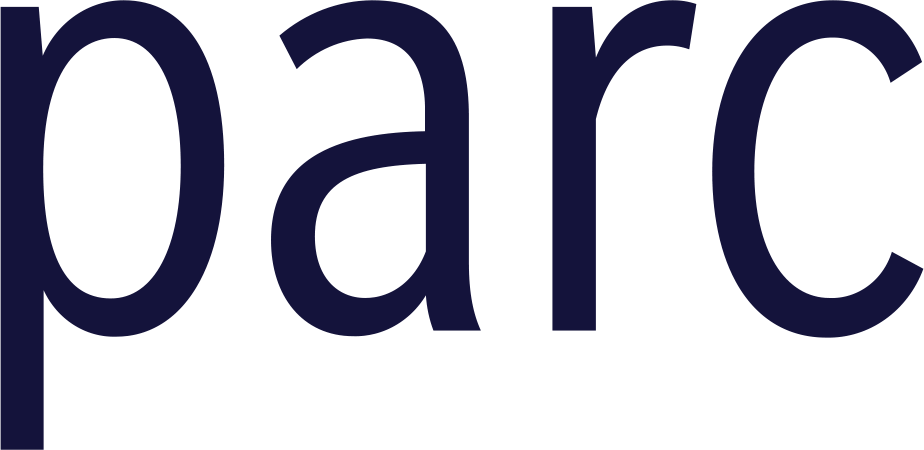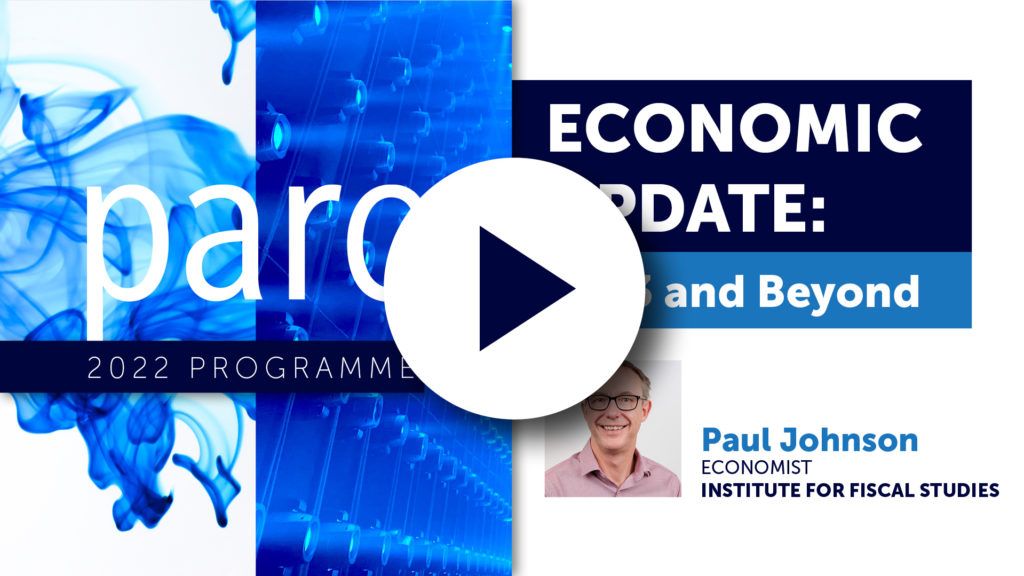External Forces and Trends
Post Meeting Notes: Economic Update 2023 and Beyond
Webinar and Group Discussion: Wednesday 9 November, 12.00 – 13.00
Paul Johnson, Director of the Institute for Fiscal Studies
So much has changed in the twelve months since our last economic update. Last year we were talking about a post-Covid recovery and the return to normality. The advanced economies were expected to recover the losses sustained during the pandemic, with the UK expected to get back to its pre-pandemic GDP by March 2022. A year on, the outlook is fundamentally different. We were fortunate, therefore, to have insight from one of the UK’s leading economists, Institute for Fiscal Studies Director Paul Johnson, to provide us with this year’s economic review.
As Paul explained, the global backdrop to the worsening economic picture in the UK is a profound economic slowdown. Where once it was hoped that the post-Covid recovery would kick off a ‘roaring twenties’ decade of growth, we have, instead, seen a return to the stagnation of the 2010s. The war in Ukraine has worsened the situation, but there was already evidence of growth stalling before February 2022. Global inflation was already high because of a toxic combination of the high government spending needed to get through the pandemic, pent up demand, and disrupted supply chains. High energy prices account for less than half of the rise in inflation experienced in the UK and Eurozone.
In the UK, the slowdown in GDP growth has been particularly severe. It is the only country in the G7 yet to recoup its GDP loss from the pandemic. The economy is still smaller than it was in February 2020. Forecasts from the Bank of England suggest that the situation will deteriorate, with a shallow but long recession predicted to last until the middle of 2024. With inflation peaking around 11% later this year, the severe squeeze on incomes will persist.
Recent decisions taken by UK governments have not helped. Market reactions to the September 2022 budget drove up government borrowing costs with interest rates higher for the UK than for most other major economies. The perception of the UK as a stable economy has temporarily been shattered. The IFS forecasts that the proportion of national income spent on government debt repayments will go from 2% to 4% in the space of a year.
Following on from the impact of Brexit and Covid, the result is to leave the UK much poorer. The question then becomes one of allocating the financial pain. With public sector net debt on course to hit around 100% of GDP by the middle of the decade, the government has little room to manoeuvre. In the areas of high public spending: i.e. health, education, defence, welfare and pensions – it is politically difficult to make cuts of the magnitude that would make much difference. While there will be some cuts to spending, tax increases will follow that will take the tax burden to a historically high level.
Even with the mitigation of government support for fuel costs, the increased taxes and cuts to services and benefits will be implemented during a severe squeeze on incomes. Coupled with low pay increases from the years before the pandemic, this will produce the worst decade for income growth since the Napoleonic Wars.
Unusually in a downturn, the UK is experiencing a labour shortage. This has occurred due to an increase in economic inactivity largely brought about by people aged over 50 quitting the workforce in large numbers. IFS research indicates that most of this is due to early retirement decisions rather than ill health. This appears to be a feature peculiar to the UK, as no other countries are reporting a labour market exodus on quite the same scale.
The outlook, then, looks challenging for governments, households, and businesses over the next few years. The key takeaways for businesses are:
- Low growth appears to be set in – the world seems to be going back to the ‘synchronised stagnation’ of the 2010s, with recessions forecast for some economies, including the UK.
- The era of low interest rates during the last 15 years is over. Most forecasts suggest they are unlikely to fall much below the current level.
- Don’t assume the recession will solve the labour shortage problem. Each recession has had less impact on employment than the one before. Equally, it has been suggested that an income squeeze will push many of the early retirees back to work, but that is by no means certain.
- Below inflation pay increases are the norm – apart from for the top 1% who have seen their pay pull away since the pandemic. Keep a close eye on the political impact of pay differentials.
- Taxes will rise. Tax as a proportion of GDP will be higher than we have been used to.
- Corporation Tax will rise but there will probably be incentives for businesses to offset some of this through increased investment.
- Businesses will be working in a very volatile and uncertain environment for some time.
Further Reading:
IFS Green Budget
Login to access all PARC content or enter your details to access this exclusive resource
or



